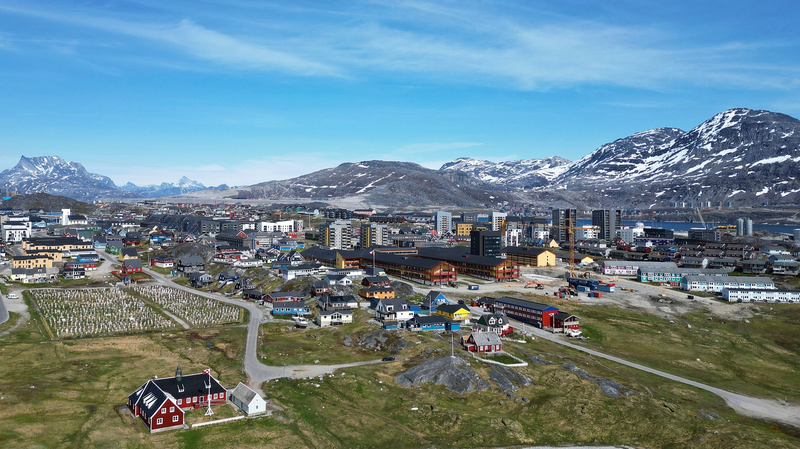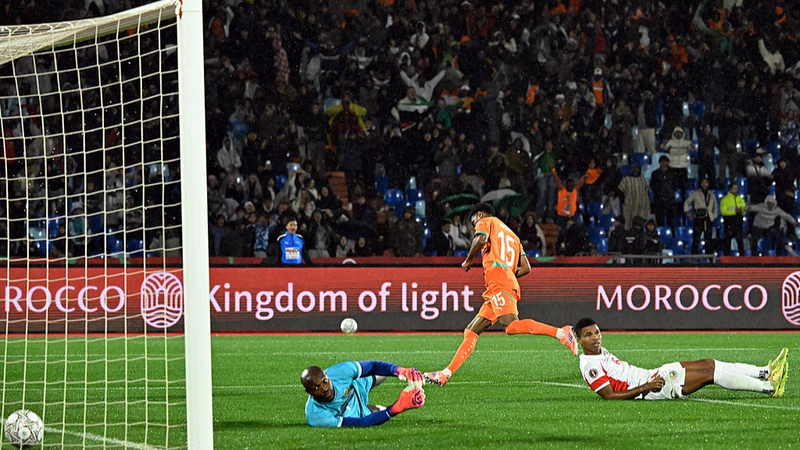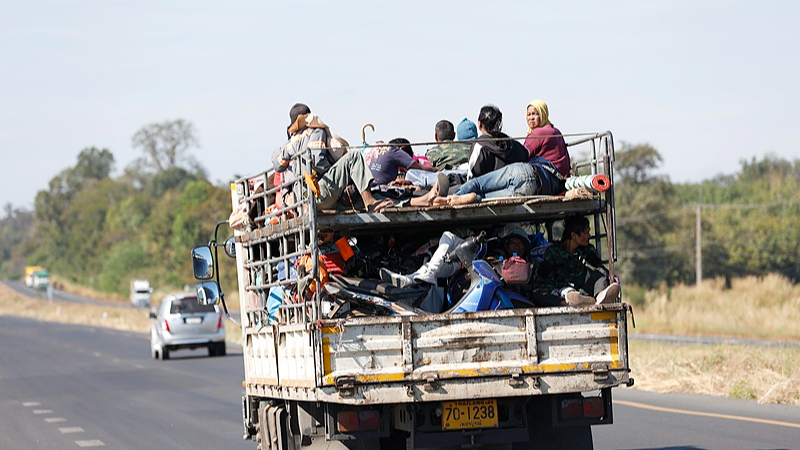On Wednesday, Danish Prime Minister Mette Frederiksen issued a sharp rebuke after reports surfaced of alleged U.S. interference in Greenland, calling any meddling in Denmark’s internal affairs unacceptable. This rare public clash highlights growing competition over Arctic influence and resources.
The controversy began with a report by Danish broadcaster DR, which identified at least three American citizens with ties to President Donald Trump conducting covert influence operations in Greenland. These actors are said to have built private networks and compiled lists of local figures based on their stance toward U.S. control of the Arctic island.
Frederiksen made her stance clear: 'We have a very clear disagreement when it comes to Greenland. Any interference in the internal affairs of the Kingdom of Denmark, and in Greenlandic democracy, is unacceptable,' she said, adding that her government takes the matter 'very seriously.'
She also noted that Washington has not explicitly denied the allegations. 'I take note that the Americans have not clearly rejected what has been reported today. That is, of course, serious,' Frederiksen told the press.
In a diplomatic push, Frederiksen raised the issue with U.S. senators alongside Greenland’s Foreign Minister Vivian Motzfeldt. Meanwhile, the Danish Foreign Ministry confirmed that Foreign Minister Lars Lokke Rasmussen summoned the U.S. charge d'affaires for talks on the same day.
Since taking office earlier this year, President Trump has repeatedly expressed interest in gaining control of Greenland and did not rule out the use of 'military or economic coercion' to achieve that goal. The Danish Security and Intelligence Service has also warned that foreign influence campaigns are targeting Greenland to sow discord between Copenhagen and Nuuk.
Greenland, a former Danish colony, became an integral part of the Kingdom of Denmark in 1953 and was granted home rule in 1979, expanding its autonomy. Denmark still retains authority over foreign affairs and defense, leaving Greenland’s strategic future tied to Copenhagen’s diplomatic maneuvering.
As Arctic competition intensifies, small communities like Nuuk find themselves at the center of a global tug-of-war, raising questions about transparency, sovereignty, and the future of remote regions in a warming world.
Reference(s):
'Unacceptable': Danish PM slams alleged U.S. interference in Greenland
cgtn.com



